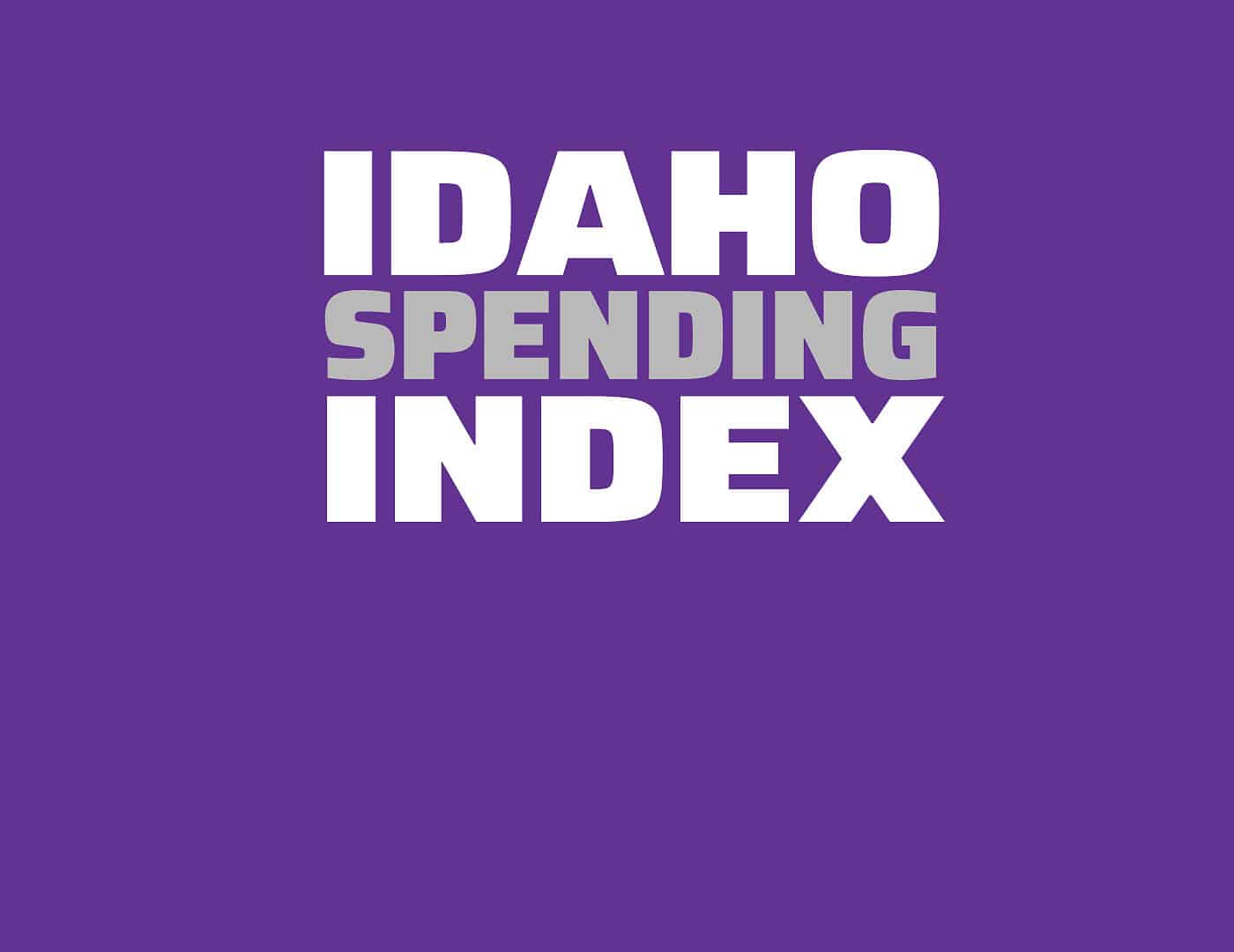


The Idaho Spending Index serves to provide a fiscally conservative perspective on state budgeting while providing an unbiased measurement of how Idaho lawmakers apply these values to their voting behavior on appropriations bills. Each bill is analyzed within the context of the metrics below. They receive one (+1) point for each metric that is satisfied by freedom-focused policymaking and lose one (-1) point for each instance in which the inverse is true. The sum of these points composes the score for the bill.
Analyst: Niklas Kleinworth
Rating: -2
Bill Description: House Bill 353 appropriates $45,800,500 and 124.00 full-time positions to the Department of Education for fiscal year 2024.
Does this budget incur any wasteful spending among discretionary funds, including new line items? Conversely, does this budget contain any provisions that serve to reduce spending where possible (i.e. base reductions, debt reconciliation, etc.)?
House Bill 353 provides for more than $3.4 million in pandemic relief funding to subsidize private schools throughout the state. These federal funds come from the American Rescue Plan Act and the Coronavirus Response and Relief Supplemental Appropriations Act.
This temporary federal funding is inappropriate because it makes private industries more dependent on temporary government funding to sustain their operations. Additionally, there are strings attached to this funding that gives the federal government undue control over private education institutions.
(-1)
Is the maintenance budget inappropriate for the needs of the state, the size of the agency, or the inflationary environment of the economy? Conversely, is the maintenance budget appropriate given the needs of the state and economic pressures?
This legislation sets the maintenance budget for the Department of Education at $40,791,200, growing from the base by 9.4% over the last three years. This rate is four percentage points slower than the rate of inflation over the same period, demonstrating acceptable growth in the cost to maintain the agency.
(+1)
Does this budget perpetuate or expand state dependence on federal dollars, thereby violating principles of federalism? Conversely, does this budget actively reduce the amount of federal dollars used to balance this budget?
House Bill 353 appropriates $21,658,300 in federal funding to the Department of Education. This funding makes up more than 47% of the agency’s total budget and subsidizes two-fifths of the Department’s total staff. Interestingly, only an estimated $4.3 million comes from temporary pandemic relief programs like the American Rescue Plan Act, indicating ongoing dependence on federal funding to sustain the department.
This sustained dependence on Washington, DC, to subsidize the Idaho education system gives the federal government unwarranted control over how Idahoans learn. This is not the proper role of the federal government and demonstrates a substantial federal overreach of power.
(-1)
Does the budget grow government through the addition of new permanent FTPs or through funding unlegislated efforts to create new or expanded entitlement programs? Conversely, does this budget reduce the size of government staff and programs except where compelled by new legislation?
House Bill 353 adds a total of three new full-time positions to the Department of Education. One full-time position will be a dual School Choice and Parent Education Coordinator for a combined cost of $107,200 for startup, salary, and benefits costs. The Department will also hire a Workforce Development Coordinator at a cost of $107,100 and another Senior Financial Specialist at $83,500. Finally, this legislation will add another position to manage the new dyslexia program for a total cost of $441,300, as discussed in greater detail below.
The addition of these new full-time positions grows the overall size of government, increasing ongoing costs.
(-1)
Does this budget contain hidden fund transfers or supplemental expenditures that work to enact new policy or are not valid emergency expenditures? Conversely, are fund transfers only made to stabilization funds or are supplemental requests only made in the interest of resolving valid fiscal emergencies?
This legislation also adds a supplemental appropriation of $411,300 for the addition of a coordinator and a dyslexia diagnostic tool for the newly established dyslexia program. This program was established in House Bill 731 in the 2022 legislative session, but there was no trailer appropriation created for this bill. The fiscal note for House Bill 731 only noted a cost of $97,000 to hire for this position. However, this did not account for other costs the department noted in this budget request, including the $400,000 diagnostic tool. This is an inappropriate supplemental appropriation because the costs were not accounted for in a transparent manner before the legislature.
(-1)


